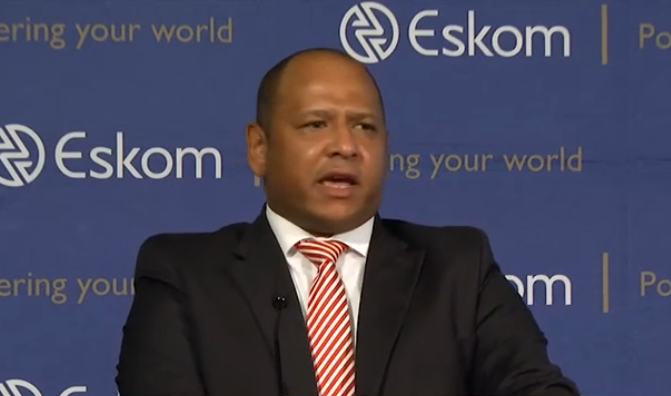- The National Energy Regulator of South Africa (Nersa) kicked off provincial hearings yesterday to determine public opinion on Eskom’s electricity tariff increase application.
- The South African courts have ordered Nersa to settle on the 2022/2023 tariffs by next month following public consultation with provinces. Read more
- Eskom has applied for an electricity price increase of more than 20.5% for the 2022/2023 financial year, which starts in April.
- Eskom’s Chief Financial Officer, Calib Cassim, says its 20.5% tariff request is due to costs of independent power producers and carbon taxes.
Eskom justified its proposed 20.5% tariff increase yesterday by saying that it was as a result of the requirement to increase purchases of energy from independent power producers and the increase in carbon taxes.
Together, these two factors accounted for 13.8% of the proposed price increase, while increases in operating expenditure accounted for only 7.5% and cost escalations in primary energy for 6.5%. SA introduced a carbon tax in 2019, which is to be increased gradually. IPP costs for Eskom are set to rise as more producers come on stream.
The beleaguered state owned energy utility is in debt to the tune of around R400 billion largely caused by state capture, looting, mismanagement and corruption during the Zuma presidency. Read more
Lobby groups and other affected parties argued that it is immoral to force consumers to pay for Eskom’s lack of competency, corruption and ‘mistakes’ in the management of the utility.
Eskom relies on government bailouts funded by the SA tax payer to survive.
Eskom’s Chief Financial Officer, Calib Cassim, recently explained that Eskom has received government support of R31.7 billion in July 2021. He was speaking at Eskom’s interim results announcement last month. While the State’ support has helped alleviate pressure on the cash flow, Cassim reiterated that a sustainable solution is required for Eskom’s capital and tariff structure if the utility is to achieve long-term financial sustainability.
“The bottom line is that cash from operations remains insufficient to meet debt servicing and some capital investment requirements. To improve our financial position, we require a considerable reduction in the debt profile and a sizable increase in cash flows through cost-reflective tariffs. Eskom cannot continue to rely on government’s equity support to service its debt commitments,” said Cassim.
Nersa has been in a court spat with Eskom over the tariff determination methodology which it wants to change. Read more
Cape Town mayor, Geordin Hill-Lewis appealed to Nersa saying that the proposed new tariff “was unaffordable, unfair and unjust. The point of departure should not be what Eskom’s maximum return on assets should be, but what people can afford. It would in line with inflation at around 5.5%,” he said.
The Nersa methodology should be set aside on the grounds that it is not rational to award high tariff increases in the prevailing economic environment, he added.
The hearings continue today. Link
Author: Bryan Groenendaal















